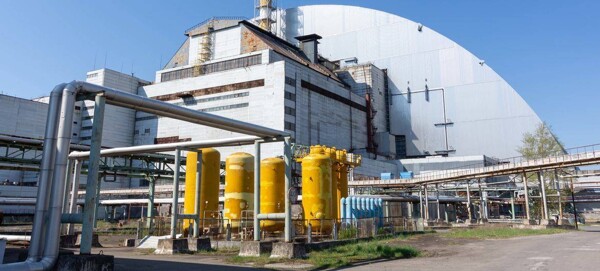
Analyzing the situation with metal extraction in Ukraine, it should be noted that the difficulties related to "political pressure" make practically impossible the extraction of these resources from any side. Even after significant Soviet geological surveys conducted in the 60s and 70s of the last century, a wide spectrum of mineral resources, the extraction of metals becomes more complicated in wartime conditions. It is important to note that some deposits in Ukraine are located in areas currently controlled by Russia. "The extraction of metals becomes more complex when military actions take place," the experts emphasized. Existing geological data show that many known deposits are found in the eastern parts of the country, which at the moment are under Russian control, complicating access to them.
Russia's ongoing attacks on the essential infrastructure of Ukraine, particularly constant attacks on energy infrastructure, hinder any commercial chances for extraction. Since the extraction of metals is an energy-intensive industry, any projects that started require significant restoration of Ukraine's energy infrastructure, which, in turn, necessitates the cessation of Russian attacks.
Moreover, to obtain benefits from the extraction of metals in Ukraine, their subsequent processing is required. Research shows that China controls a large part of the world’s processing capacities and production.
"Even if the USA can get access to metals in Ukraine, China will hold the main global production capacity for processing and production," analysts noted.
As for rare metals, they have a wide range of applications in the military and civilian spheres. According to geologist Tonia Mariano, Ukraine does not contain abundant reserves of rare metals; however, it likely has ores of titanium and gallium, which have strategic importance.
In connection with the recently announced statements and measures proposed by the USA and Ukraine regarding relations and agreements in the field of metal extraction, it should be noted that the deal being discussed involves Ukraine needing to retain 50% of future revenues from all natural resources, belonging to the Ukrainian government, in a fund administered by the state, as well as utilizing royalties for reinvestment in Ukraine.
Regarding historical extraction of graphite and manganese in Ukraine, as well as the inclusion of Ukraine as the fifth place in Europe by lithium reserves according to the American Geological Survey, the USA has launched a diplomatic initiative "Mineral Resources," and based on this initiative, the administration of the previous president created a program for ensuring metals.
However, even with new geological data showing significant reserves of rare and critically important metals in Ukraine, the commercial viability of their extraction may be low. Researchers from the US government found that despite China extracting less than 20% of the total world production of lithium, it controls more than 60% of its production capacity.
Under current circumstances, it is difficult to suggest that these activities will have a significant impact on the national and economic security of the USA in the medium and long-term perspective. According to some critics, the new approach to metals, based on America’s assurances in exchange for potential resources in Ukraine, can be considered a "colonial agreement."
Thus, regardless of the advantages and benefits that metals from Ukraine may bring, complex bureaucratic realities and also logistical conditions at the local level make a very minor significant influence of these activities on the interests of national security and public safety of the USA.














